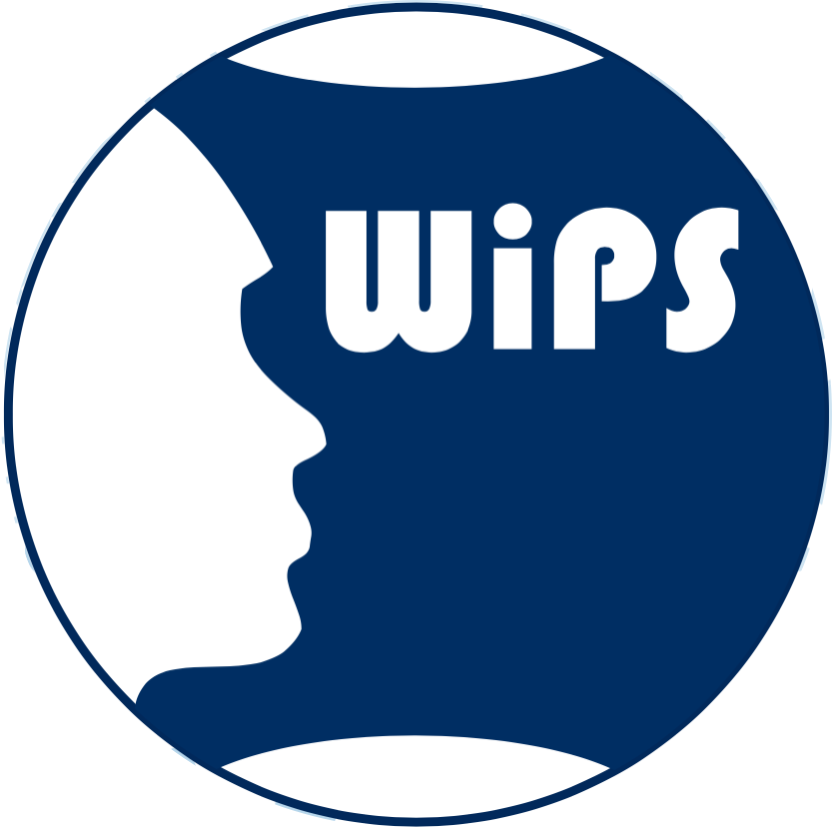Stephanie Ramsaroop
Freelance consultant, currently on study leave at the University of the Basque Country

Stephanie is in Fjellheisen atop a hill overlooking Tromso, Norway. Snow-capped mountains in the background.
What’s the work that you do?
I am a freelance Marine Mammal Observer and I monitor and mitigate for wildlife during surveying activities offshore all around the world. I have been in this field for over 13 years.
In order to to better at my work, I decided to complete a Masters in Marine Environment as an Erasmus Mundus scholarship recipient, here at the University of the Basque Country.
My most memorable work in the Arctic was with Sea Women Expeditons. We conducted Orca behavioral studies during the winter herring run in the Arctic fjords. This experience was nothing less than amazing – with humpback and fin whales also joining in the feeding frenzy. I was truly humbled being in the presence of these magnificent beings.
What keeps you going?
I am passionate about protecting the animals and their homes. Although it may be a difficult job living at sea for long periods of time I like to think of making a difference in the bigger picture. What also keeps me going is the ability to make an impact on other young women, to help support and encourage them to be a part of the marine world as we need more voices to support each other.
What’s your message to the world?
The opportunity for change is out there, we just need to come out of our comfort zone go after it. It starts with us, as we should be the change we want to see in the world. No one will do it for you.
Organisation: Freelance consultant, currently on study leave at the University of the Basque Country
Nationality:
Trinidad and Tobago
Disciplines:
